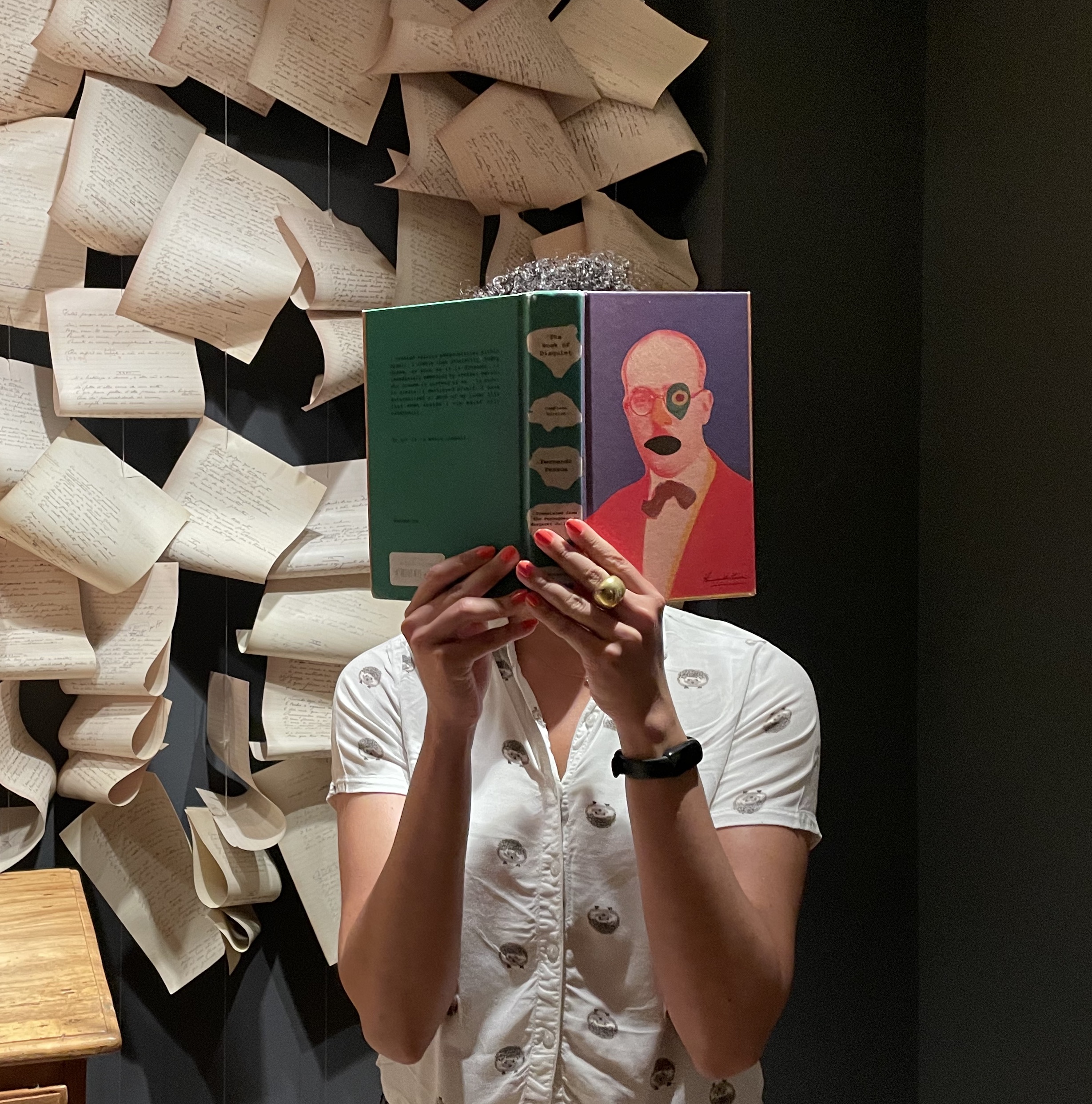By STEVEN LEYVA
“… and there is promise in such sweat.”
—John Proctor, from The Crucible, by Arthur Miller
Given this ruddy, straightened wig no one could place
my face on a spectral scale of “ethnic.” I slid
on and off stage. I spoke plain. I didn’t name names. Some
audiences mistook me for Muscogee Creek. I spoke
in first person. Under that wig I wore cornrows
in Oklahoma’s emaciated winter.
Arthur Miller was writing about hysteria
which can sound like tepid applause. Inside
the theater, the set was minimal: an askew
cross, brown flats mimicking wood. Our acting voices
restrained with puritan diction. Everything seethed.
Nothing was faithful, least of all the weather. Goody
was defined in the script. The wind outside mobbed the building
like a pack of crows. I witnessed daily the end
of the American Plains, after removing the stage
makeup and this wig. On the marquee of a washbasin-
shaped convention center, another man of God
come to town. 50 years before, Miller whet his thumb
and now his lines are in my mouth. “Common vengeance
writes the laws.” A lead role. We left realism in
the 19th century. And look what remains. We
wanted a straight play about paranoia.
But outside the theater: horizon’s bloody
lip, a monostich, the needle in a poppet.
Steven Leyva was born in New Orleans, Louisiana, and raised in Houston, Texas. His poems have appeared or are forthcoming in 2 Bridges Review, Scalawag, Nashville Review, jubilat, Vinyl, and Prairie Schooner. He is a Cave Canem Fellow, author of the chapbook Low Parish, and author of The Understudy’s Handbook, which won the Jean Feldman Poetry Prize from Washington Writers’ Publishing House. Steven holds an MFA from the University of Baltimore, where he is an assistant professor in the Klein Family School of Communications Design.




